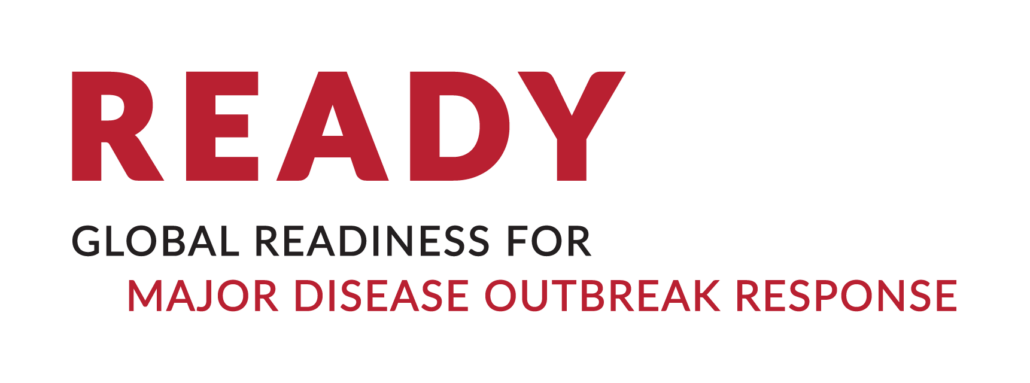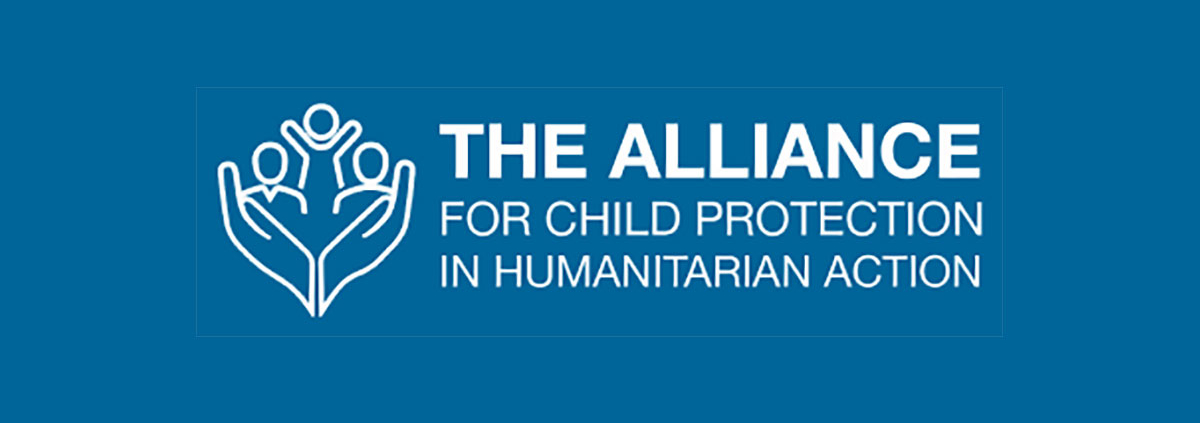Child Protection Minimum Standards Implementation Toolkit
Author: Alliance for Child Protection in Humanitarian Action
With the 2019 edition of the Minimum Standards for Child Protection in Humanitarian Action (CPMS), we are well prepared to improve quality and accountability in children’s protection and well-being. But the CPMS itself is only the first step in improving our responses to protect children. Child protection coordination groups, humanitarian agencies and national and local actors must now work together to promote and implement the standards within each country and region. To support you in this important effort, the CPMS Working Group has prepared the CPMS Implementation Toolkit. It contains essential information on how to promote and implement the CPMS in diverse humanitarian settings from refugee contexts to infectious disease outbreaks and beyond.


This website is made possible by the support of the American People through the United States Agency for International Development (USAID) under the READY initiative. READY (not an acronym) is supported by USAID’s Bureau for Democracy, Conflict, and Humanitarian Assistance, Office of U.S. Foreign Disaster Assistance (OFDA) and is led by Save the Children in partnership with the Johns Hopkins Center for Humanitarian Health, the Johns Hopkins Center for Communication Programs, UK-Med, EcoHealth Alliance, and Mercy Malaysia. The contents of this website are the sole responsibility of Save the Children. The information provided on this website does not necessarily reflect the views of USAID, any or all consortium partners, or the United States Government, and is not official U.S. Government information.


